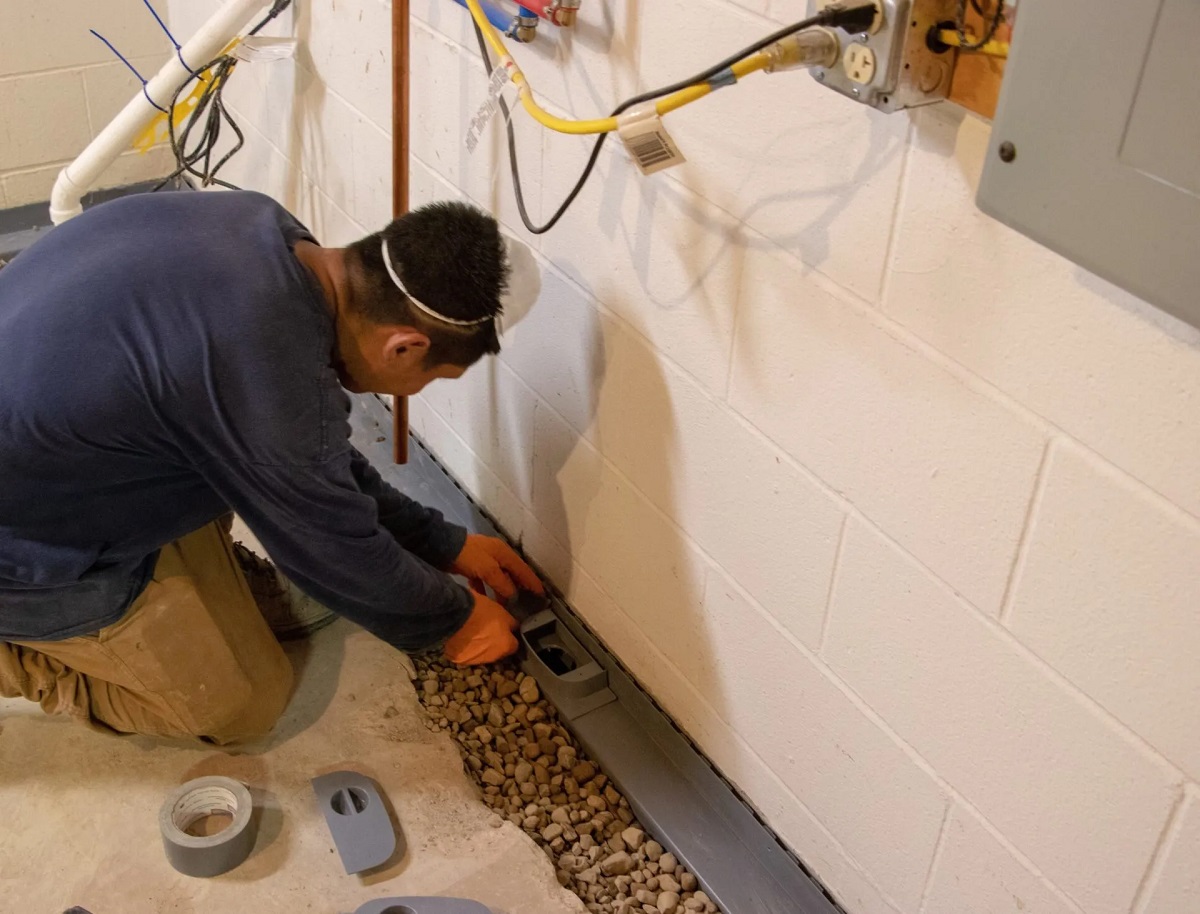

Articles
How Much Is It To Waterproof A Basement
Modified: August 28, 2024
Discover the cost of basement waterproofing and the benefits of this essential home improvement project. Read our articles for valuable insights and expert advice.
(Many of the links in this article redirect to a specific reviewed product. Your purchase of these products through affiliate links helps to generate commission for Storables.com, at no extra cost. Learn more)
Introduction
Water damage is a common problem that homeowners often face, especially when it comes to their basements. A wet or damp basement not only poses a risk to the structural integrity of your home but can also lead to mold growth and potential health issues. That’s why basement waterproofing is crucial in preventing water infiltration and maintaining a dry and healthy living space.
But how much does it cost to waterproof a basement? The cost of basement waterproofing can vary depending on several factors, including the size of the basement, the severity of the water issue, the method of waterproofing chosen, and whether you hire professionals or choose to tackle the project yourself.
In this article, we will delve into the various factors that can affect the cost of basement waterproofing, explore different waterproofing methods, break down the costs associated with the process, and discuss the average cost of professional services. We will also compare the pros and cons of DIY basement waterproofing versus hiring professionals, and touch on financing options available for those who may need assistance.
By the end of this article, you will have a comprehensive understanding of basement waterproofing, its costs, and the benefits it can provide to your home.
Key Takeaways:
- Basement waterproofing is a crucial investment to protect your home from water damage, mold growth, and health issues. Understanding the factors affecting costs and available methods can help you make informed decisions for a dry and healthy living space.
- Whether you choose DIY or hire professionals, basement waterproofing offers long-term benefits such as protection against water damage, prevention of mold and mildew, increased living space, and improved home value. Consider financing options to make this important investment in your home’s future.
Read more: What Is Basement Waterproofing
Factors That Affect the Cost of Basement Waterproofing
The cost of basement waterproofing can vary significantly depending on various factors. Understanding these factors will help you determine the potential cost of your basement waterproofing project. Here are some key factors that can affect the cost:
- Size of the Basement: The size of your basement is one of the primary factors that can influence the cost of waterproofing. Larger basements will require more materials, labor, and time, resulting in higher costs.
- Severity of the Water Issue: If your basement has extensive water damage or a severe water infiltration problem, it may require more extensive waterproofing measures. Dealing with significant water issues can add to the overall cost of the project.
- Foundation Type: The type of foundation your home has can also impact the cost of waterproofing. Different types of foundations require different waterproofing techniques, materials, and expertise. For example, a basement with a poured concrete foundation may have different needs compared to a basement with a block or stone foundation.
- Access to the Basement: The accessibility of your basement can affect the cost of waterproofing. If the basement is easily accessible, the labor and equipment required may be less expensive. On the other hand, if the basement has limited access, such as tight spaces or narrow staircases, the cost may be higher due to the additional challenges involved.
- Additional Repairs or Preparations: In some cases, your basement may require additional repairs or preparations before waterproofing can take place. For instance, if there are cracks in the foundation or issues with the drainage system, these will need to be addressed before waterproofing can be done. The cost of these repairs or preparations will add to the overall cost of the project.
It’s important to assess these factors and consult with a professional to determine the specific needs of your basement and the corresponding cost of waterproofing. While cost is a significant consideration, it’s crucial to prioritize the effectiveness and long-term benefits of waterproofing to protect your home and investment.
Methods of Basement Waterproofing
When it comes to basement waterproofing, there are several methods available to ensure maximum protection against water infiltration. The choice of method depends on the specific needs and conditions of your basement. Here are some common methods of basement waterproofing:
- Exterior Waterproofing: This method involves excavating the soil around the foundation to expose the exterior walls of the basement. The walls are then cleaned, repaired, and coated with a waterproofing membrane or sealant. Additionally, a drainage system is installed to redirect water away from the foundation. Exterior waterproofing is a highly effective method but can be costly due to the excavation work involved.
- Interior Waterproofing: Interior waterproofing involves addressing water issues from inside the basement. It typically includes applying a waterproofing membrane or sealant to the interior walls and floor to prevent water penetration. Interior drain tiles or a French drain system may also be installed to collect and redirect water away from the foundation. This method is generally less expensive than exterior waterproofing but may not address the root cause of water infiltration.
- Crack Injection: If your basement has cracks in the foundation walls or floor, crack injection can be an effective method of waterproofing. It involves injecting specialized sealants into the cracks to prevent water from seeping through. This method is often used in conjunction with other waterproofing techniques to ensure comprehensive protection.
- Sump Pump Installation: A sump pump is a device installed in the basement to remove water that accumulates in the sump pit. It effectively pumps out excess water, preventing it from flooding the basement. Sump pump installation is typically done in combination with other waterproofing methods to provide a reliable drainage system.
- External Drainage System: An external drainage system, also known as a perimeter drain, is installed around the exterior of the foundation to collect and divert water away from the basement. It consists of a perforated pipe, gravel or stone, and a waterproofing barrier. This method is commonly used in conjunction with exterior waterproofing to provide optimal drainage.
It’s important to consult with a professional to determine the most suitable method or combination of methods for your basement waterproofing project. They will assess the unique characteristics of your basement and recommend the best approach to ensure effective and long-lasting protection against water infiltration.
Cost Breakdown of Basement Waterproofing
When budgeting for basement waterproofing, it’s helpful to understand the cost breakdown of the various components involved in the process. While costs can vary depending on factors such as the size of the basement and the selected method of waterproofing, here is a general breakdown of the expenses you can expect:
- Materials: The cost of materials will depend on the chosen waterproofing method. This can include items such as waterproofing membranes, sealants, drainage systems, sump pumps, and any additional materials required for repairs or preparations. It’s best to consult with professionals to determine the specific materials needed for your project.
- Labor: The labor costs associated with basement waterproofing can vary based on factors such as the complexity of the job, the accessibility of the basement, and the level of expertise required. Hiring a professional waterproofing contractor will typically involve labor costs for excavation (if necessary), surface preparation, application of waterproofing materials, and installation of drainage systems or sump pumps.
- Equipment Rental: In some cases, specialized equipment may be required for basement waterproofing. This can include excavation equipment, concrete repair tools, or sump pump installation tools. The rental cost of such equipment should be factored into the overall budget.
- Additional Repairs: Depending on the condition of your basement, there may be additional repairs or preparations needed before waterproofing can be done. This can include fixing cracks in the foundation, leveling the floor, or improving the drainage system. The cost of these repairs should be considered separately from the waterproofing expenses.
It’s important to note that the cost breakdown will vary based on the specific needs of your basement and the chosen method of waterproofing. To get an accurate cost estimate, it’s recommended to consult with multiple waterproofing professionals who can assess your basement and provide detailed quotations that include the materials, labor, and any additional expenses.
Keep in mind that basement waterproofing is an investment in the long-term protection of your home. While there may be upfront costs involved, the benefits of a dry and healthy basement far outweigh the expenses, as it can prevent costly water damage and provide peace of mind for years to come.
Average Cost of Basement Waterproofing
The average cost of basement waterproofing can vary depending on a variety of factors, including the size of the basement, the severity of water issues, and the chosen method of waterproofing. It is important to note that these are estimates and actual costs may vary based on your specific circumstances and location.
On average, homeowners can expect to spend anywhere from $1,500 to $10,000 or more for basement waterproofing. However, it’s important to remember that this cost can increase based on the complexity of the project or if additional repairs are required.
For interior waterproofing, which typically involves applying sealants or membranes and installing drainage systems, homeowners can expect to spend between $3,000 and $7,000 for an average-sized basement. This method is generally less expensive compared to exterior waterproofing.
If exterior waterproofing is necessary, which may involve excavation and applying a waterproof barrier to the exterior walls, the cost can range from $8,000 to $15,000 or more. This method is typically more expensive due to the labor-intensive nature of the work and the need for excavation equipment.
Keep in mind that these costs do not include any additional repairs or preparations that may be needed before waterproofing can take place. If your basement requires foundation crack repairs or fixing drainage issues, these expenses should be factored into the overall cost.
It’s important to obtain multiple quotes from reputable waterproofing contractors to get a more accurate cost estimate for your specific situation. The quotes should outline the scope of work, materials to be used, labor costs, and any additional charges.
While the upfront cost of basement waterproofing may seem significant, it is a worthwhile investment in the long-term protection of your home. It can save you from expensive repairs and provide a safe and dry living environment for you and your family.
Before waterproofing your basement, it’s important to consider the size of the area, the extent of the damage, and the method of waterproofing. Costs can range from $3,000 to $10,000, so it’s best to get multiple quotes from reputable contractors.
Read more: How To Waterproof Basement Floor
DIY vs. Hiring Professionals
When it comes to basement waterproofing, homeowners often contemplate whether to take on the project themselves or hire professionals. Both options have their pros and cons, and it’s essential to consider your skills, time availability, and the complexity of the job.
DIY Basement Waterproofing:
One of the main advantages of DIY basement waterproofing is the potential cost savings. By taking on the project yourself, you can avoid labor expenses and potentially cut down on material costs. However, it’s important to assess your skills and knowledge before attempting DIY waterproofing. Improper installation or inadequate knowledge may lead to ineffective waterproofing, which can result in further damage down the line.
There are various DIY basement waterproofing products available on the market, such as sealants, coatings, and patching materials. These can be effective for addressing minor water issues or small cracks. However, for more extensive waterproofing needs or structural problems, professional expertise may be required.
Hiring Professionals:
When hiring professionals for basement waterproofing, you benefit from their experience, expertise, and knowledge of the best techniques and materials to use. Professional waterproofing contractors have the necessary tools and equipment to complete the job efficiently and effectively.
Additionally, hiring professionals gives you the peace of mind that the waterproofing will be done correctly, reducing the risk of future water damage. They can also identify underlying issues that may cause water infiltration and provide solutions for long-term prevention.
While professional waterproofing services come with a cost, it is an investment in the protection and value of your home. The quality and longevity of their work can save you from costly repairs and potential health hazards associated with water damage and mold growth.
Ultimately, the decision between DIY and hiring professionals depends on your comfort level, skillset, and the complexity of the job. If you have experience in DIY projects and are confident in your abilities, you may be able to tackle certain aspects of basement waterproofing. However, for more significant issues or if you are unsure about the process, it is recommended to consult and hire professionals to ensure proper and effective waterproofing.
Financing Options for Basement Waterproofing
Basement waterproofing is an important investment in the protection and maintenance of your home. However, the cost of the project can sometimes be a significant financial burden. Fortunately, there are several financing options available to help homeowners cover the expenses of basement waterproofing. Here are some financing options to consider:
- Personal Savings: If you have been saving for home improvement projects or emergencies, you may consider using your personal savings to fund basement waterproofing. Paying in cash upfront can help you avoid interest charges and long-term financing arrangements.
- Home Equity Loan: A home equity loan allows you to borrow against the equity you have built in your home. This type of loan typically offers competitive interest rates and allows you to spread the payments over a longer period, making it more manageable for budgeting.
- Home Improvement Loan: Some financial institutions offer specific home improvement loans that can be used for projects like basement waterproofing. These loans are typically unsecured and have fixed interest rates and predictable monthly payments.
- Personal Loans: If you do not have significant equity in your home or prefer not to use it as collateral, a personal loan can be an option. Personal loans are usually unsecured and can be obtained from banks, credit unions, or online lenders. However, interest rates may be higher compared to home equity or home improvement loans.
- Government Grants or Programs: Depending on your location, there may be government grants or programs available to assist with home improvement projects, including basement waterproofing. Research local government websites or consult with local housing agencies to explore potential options.
- Credit Cards: Although it is generally not recommended to finance large projects solely with credit cards due to high-interest rates, using a credit card for smaller expenses or as a temporary financing solution may be an option. It’s important to manage the repayments carefully and pay off the balance as soon as possible to avoid significant interest charges.
When considering financing options, it’s important to compare interest rates, terms, and fees associated with each option. Research and consult with multiple lenders to find the best fit for your specific financial situation.
Remember, basement waterproofing is an investment in the long-term protection and value of your home. Assessing your available financing options can help you move forward with the project and ensure a dry and healthy living space for you and your family.
Benefits of Waterproofing Your Basement
Basement waterproofing offers numerous benefits that go beyond just preventing water infiltration. By investing in basement waterproofing, you can enjoy the following advantages:
- Protection Against Water Damage: The primary benefit of basement waterproofing is the protection it provides against water damage. A dry basement means a lower risk of structural issues, such as foundation cracks or weakened walls. It also helps to prevent damage to your belongings stored in the basement, such as furniture, electronics, and important documents.
- Prevention of Mold and Mildew: Excess moisture in your basement can lead to the growth of mold and mildew, which can cause health issues such as allergies, respiratory problems, and skin irritations. By keeping your basement dry through waterproofing, you can mitigate the risk of mold and create a healthier living environment for you and your family.
- Improved Air Quality: A damp basement can harbor musty odors and contribute to poor indoor air quality throughout your home. Waterproofing seals the foundation and prevents moisture from entering, leading to fresher and cleaner air throughout your living spaces.
- Increased Living Space: A dry and well-maintained basement can provide valuable extra living space. Once the basement is waterproofed, you can convert it into a usable area, such as a home office, a playroom, a gym, or an entertainment room. This can significantly increase the square footage of usable space in your home and add value to your property.
- Protection of Home Value: Waterproofing your basement is an investment that can help protect the value of your home. Potential buyers are often wary of homes with water issues, and a waterproofed basement can provide peace of mind and attract more buyers if you decide to sell your home in the future.
- Energy Efficiency: Basement waterproofing can also have a positive impact on your energy expenses. By sealing off points of moisture entry, you can prevent warm air from escaping during the winter and cool air from escaping during the summer. This improves the overall insulation of your home and reduces energy waste, leading to potential savings on your utility bills.
It’s important to note that the benefits of basement waterproofing extend well beyond the immediate advantages. It protects your home’s structural integrity, improves indoor air quality, and provides additional usable space. Whether you plan to stay in your home for years to come or sell it in the future, waterproofing your basement is a wise investment that offers long-term value and peace of mind.
Conclusion
Basement waterproofing is a crucial investment for homeowners who want to protect their homes from water damage, prevent the growth of mold, and create a healthier living environment. By understanding the factors that affect the cost of basement waterproofing, the different methods available, and the average costs associated with the project, you can make informed decisions about how to proceed.
While the upfront costs of basement waterproofing may seem significant, the long-term benefits far outweigh the expenses. By preventing water infiltration, you can safeguard the structural integrity of your home, protect your belongings from damage, and provide a safe and dry living space for you and your family.
When considering basement waterproofing, it’s important to weigh the advantages of hiring professionals versus taking on the project yourself. While DIY waterproofing may save on immediate costs, professionals bring expertise, experience, and the guarantee of a job well done. The choice depends on the complexity of the job and your own skills and comfort level.
Financing options are available for those who may need assistance covering the costs of basement waterproofing. Whether it’s through personal savings, home equity loans, personal loans, or government programs, there are options to help you finance the project and protect your home without overwhelming your budget.
Overall, basement waterproofing provides numerous benefits, including protection against water damage, prevention of mold and mildew growth, improved air quality, increased living space, protection of home value, and potential energy savings. These benefits contribute to a safer, healthier, and more valuable home for you and your loved ones.
As you embark on your basement waterproofing journey, it’s essential to consult with professionals, gather multiple quotes, and prioritize the long-term well-being of your home. By investing in basement waterproofing today, you are investing in the future comfort, safety, and value of your home.
Frequently Asked Questions about How Much Is It To Waterproof A Basement
Was this page helpful?
At Storables.com, we guarantee accurate and reliable information. Our content, validated by Expert Board Contributors, is crafted following stringent Editorial Policies. We're committed to providing you with well-researched, expert-backed insights for all your informational needs.
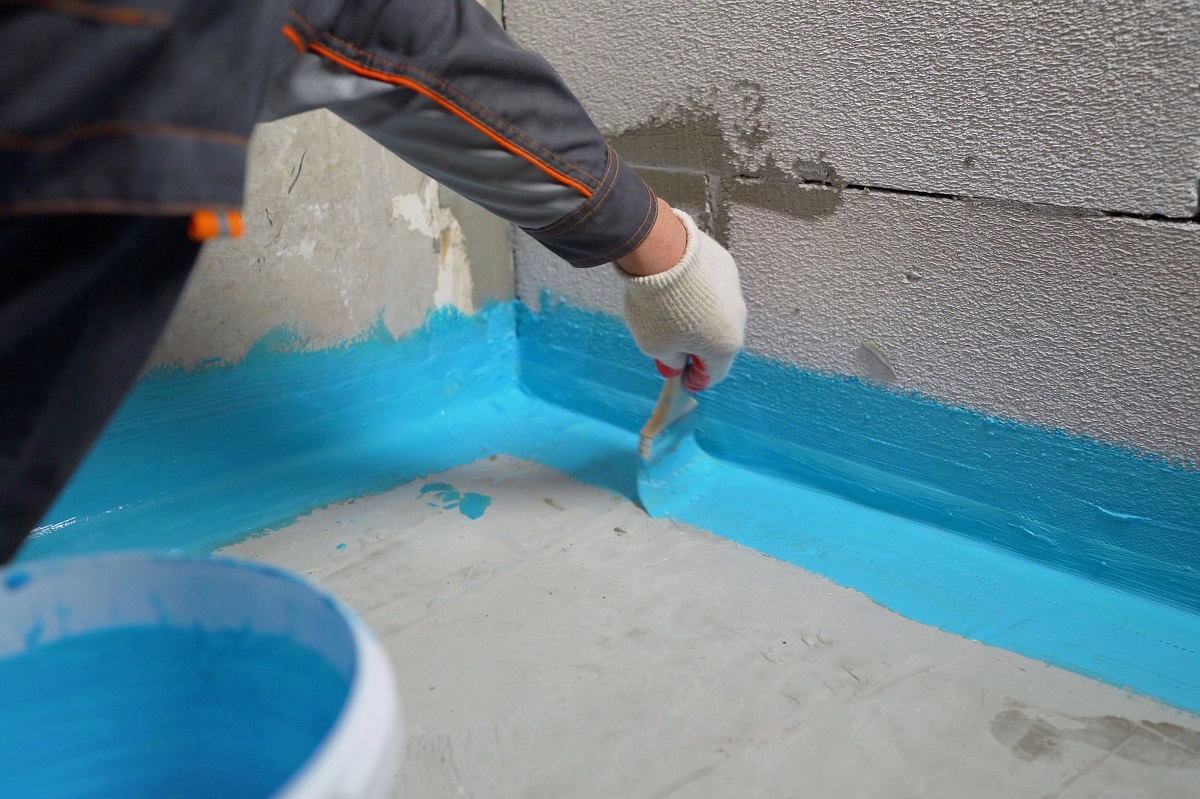
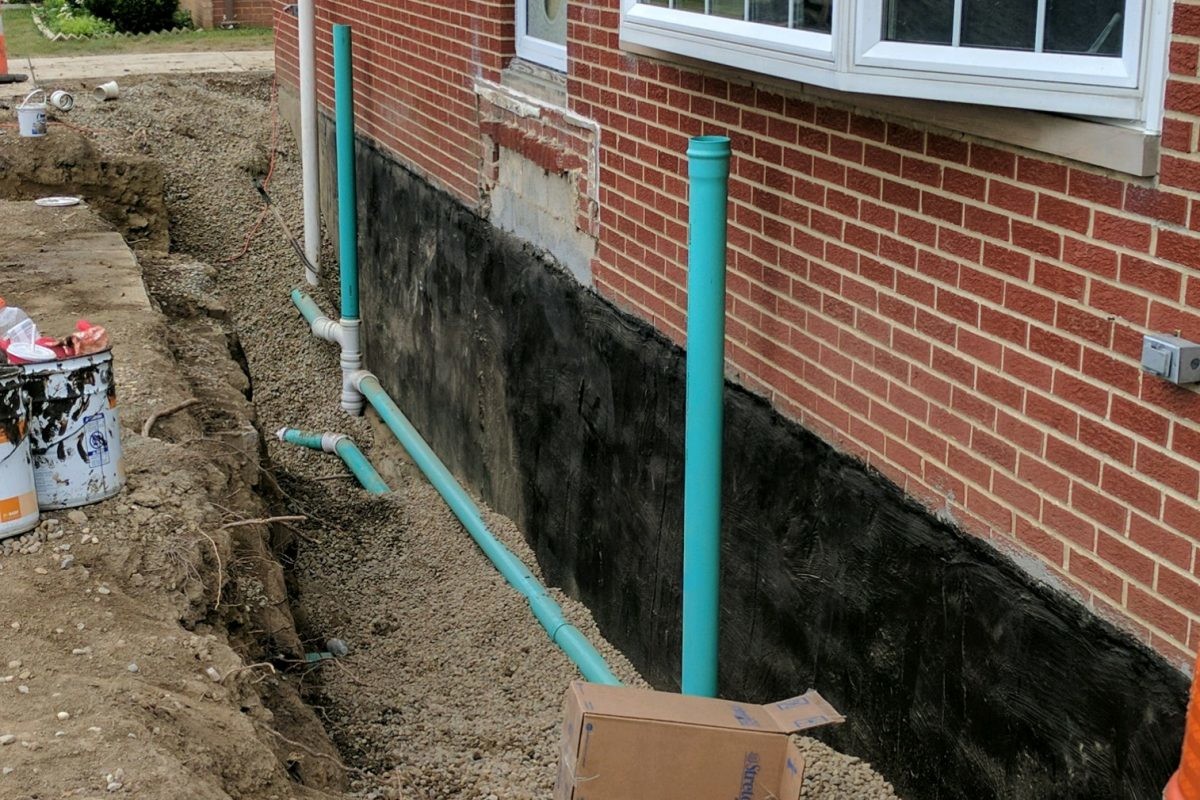
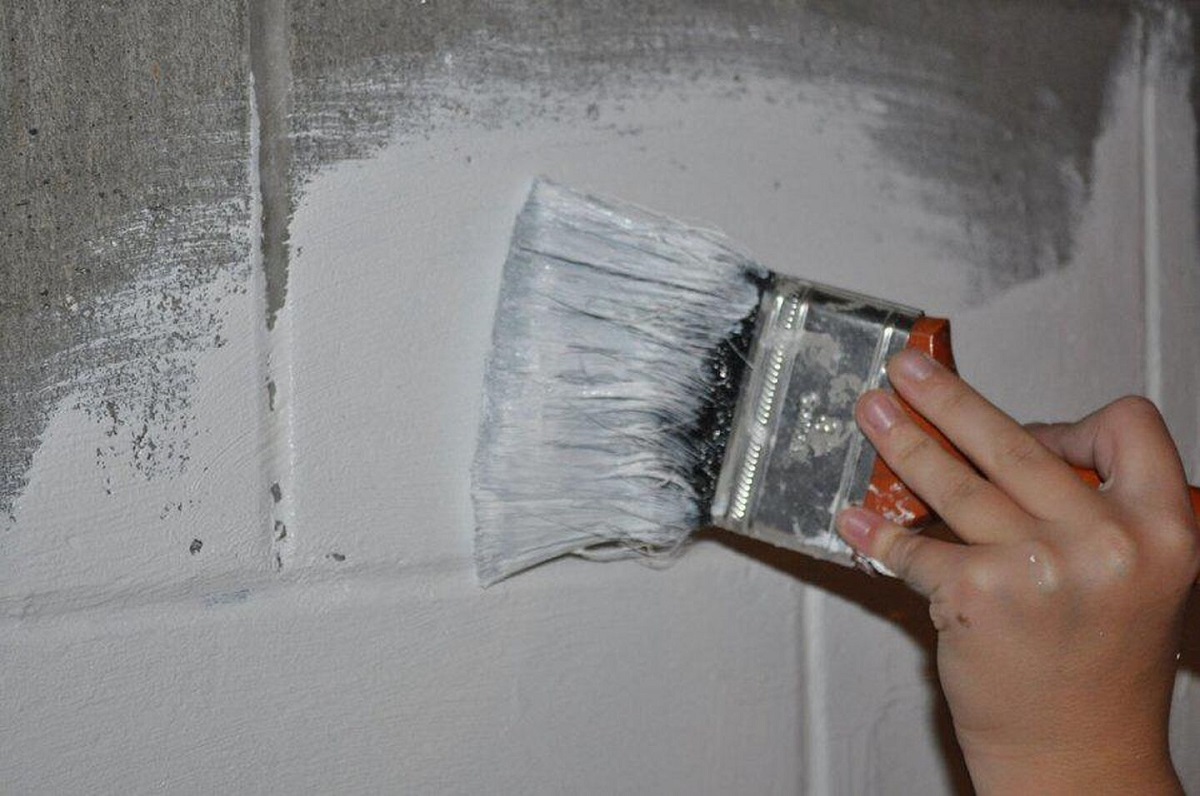
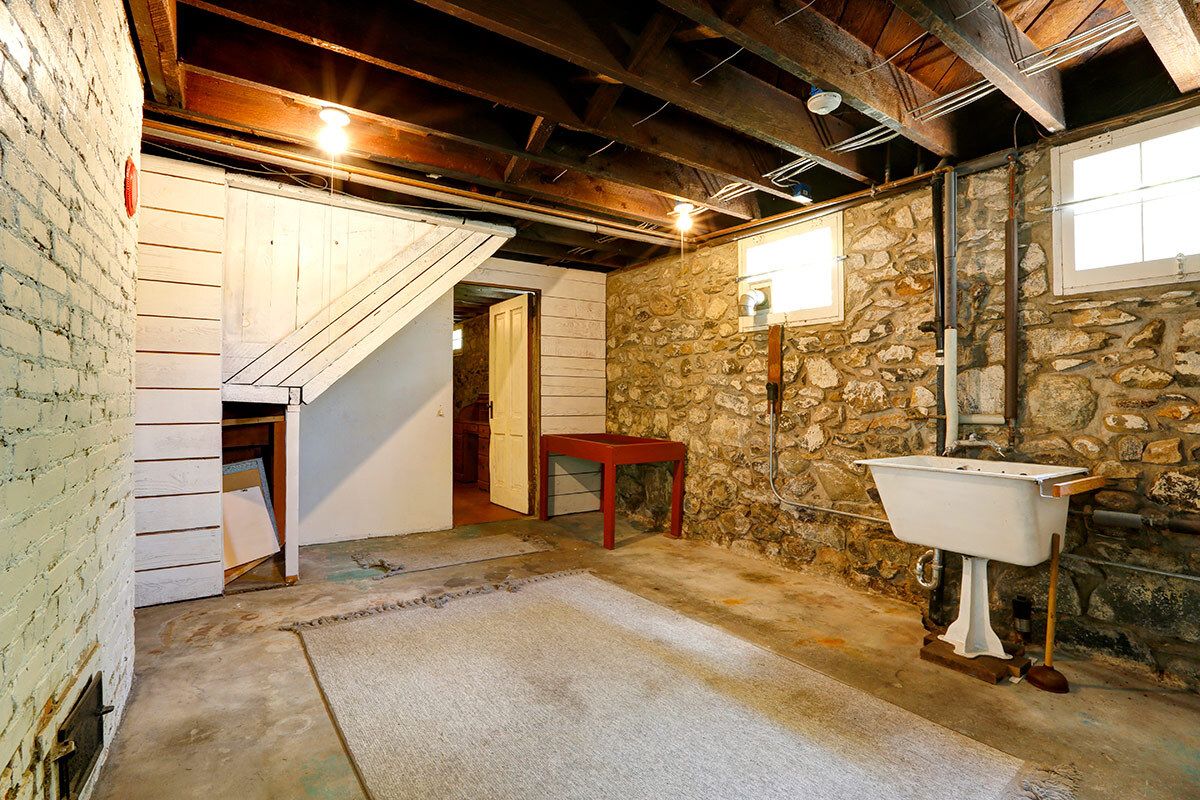
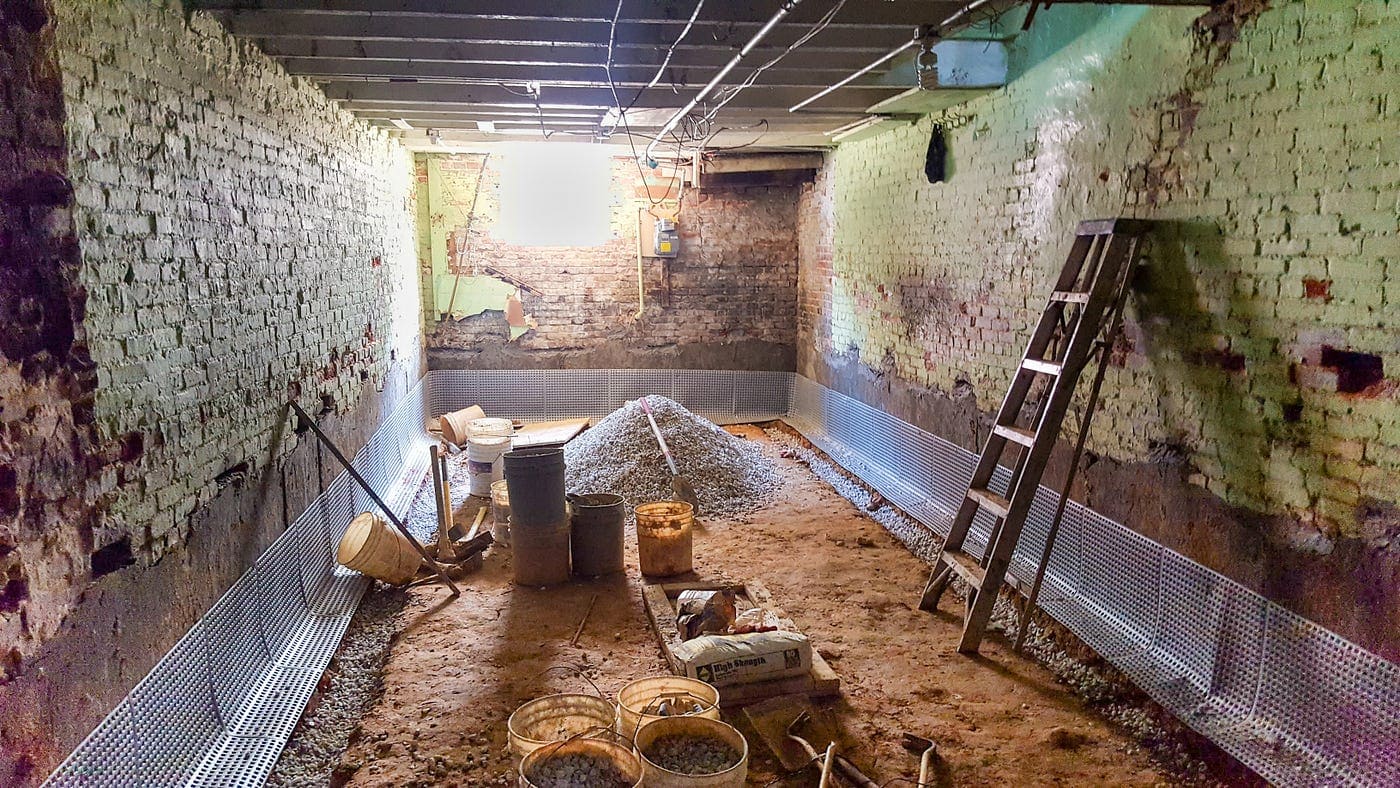
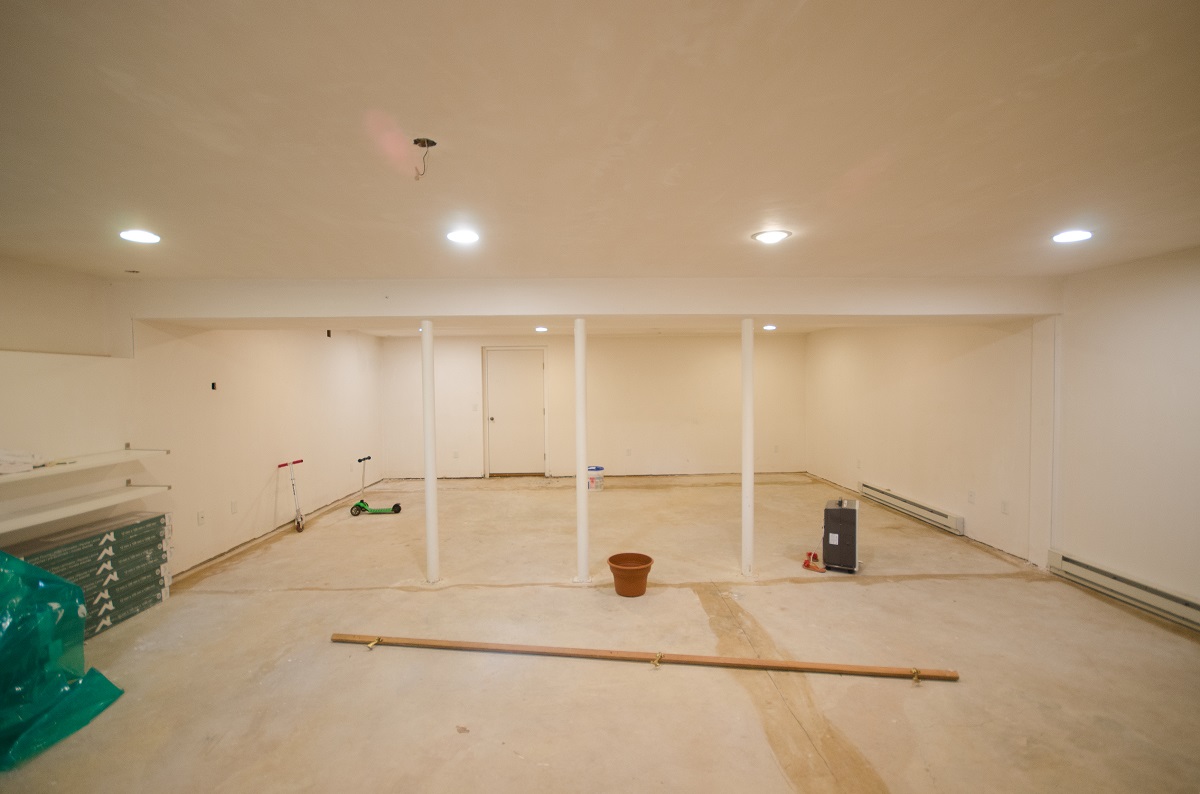
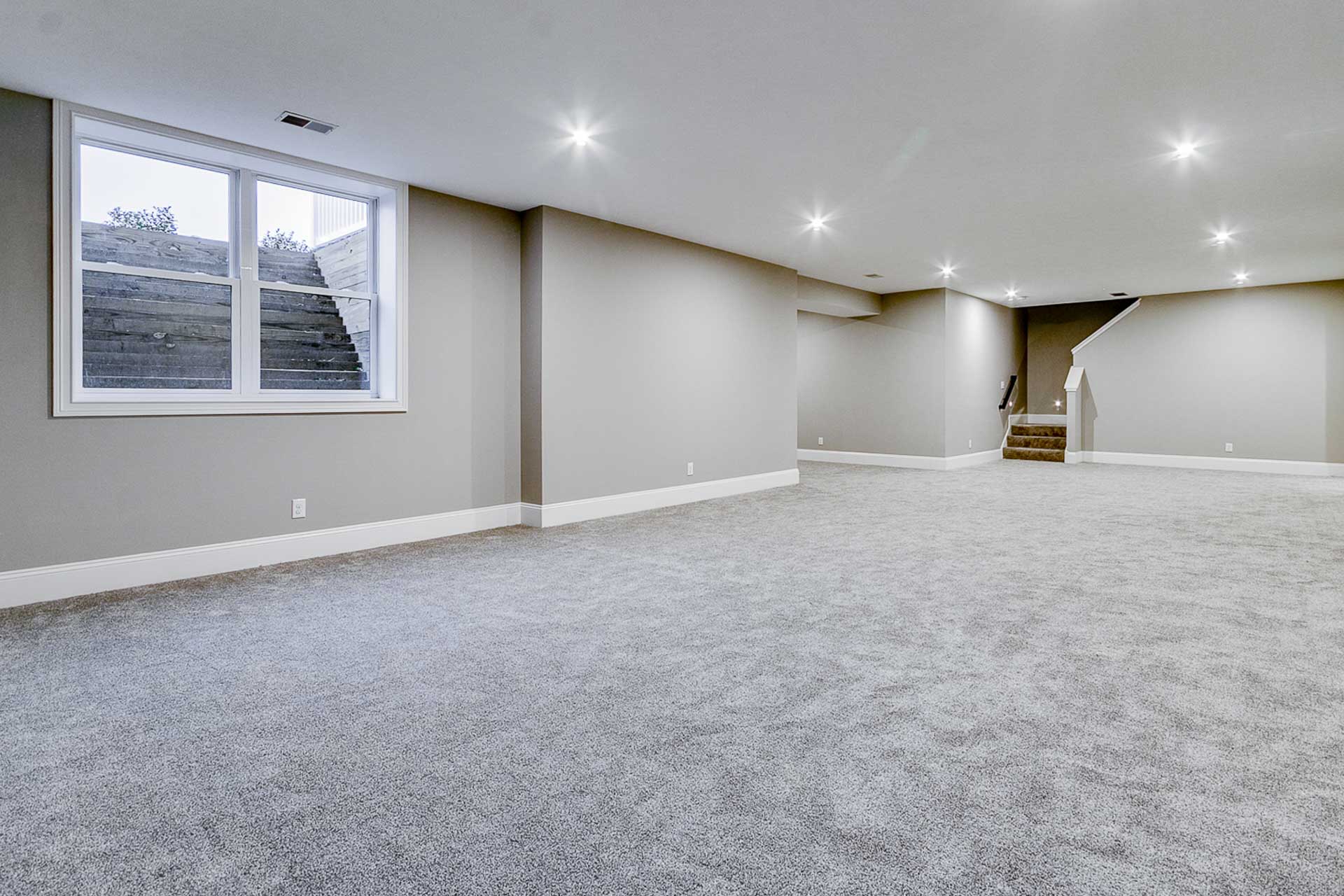
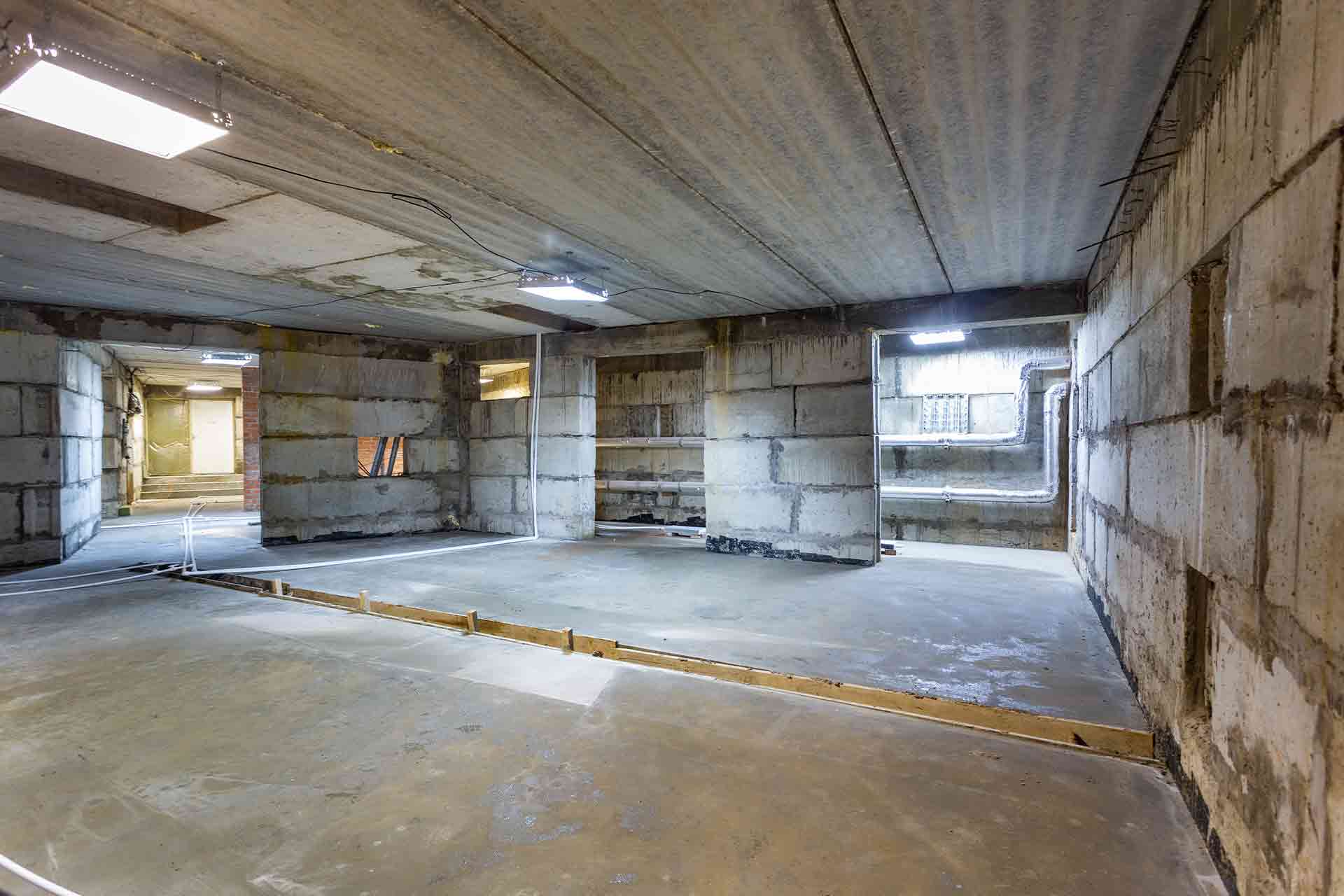
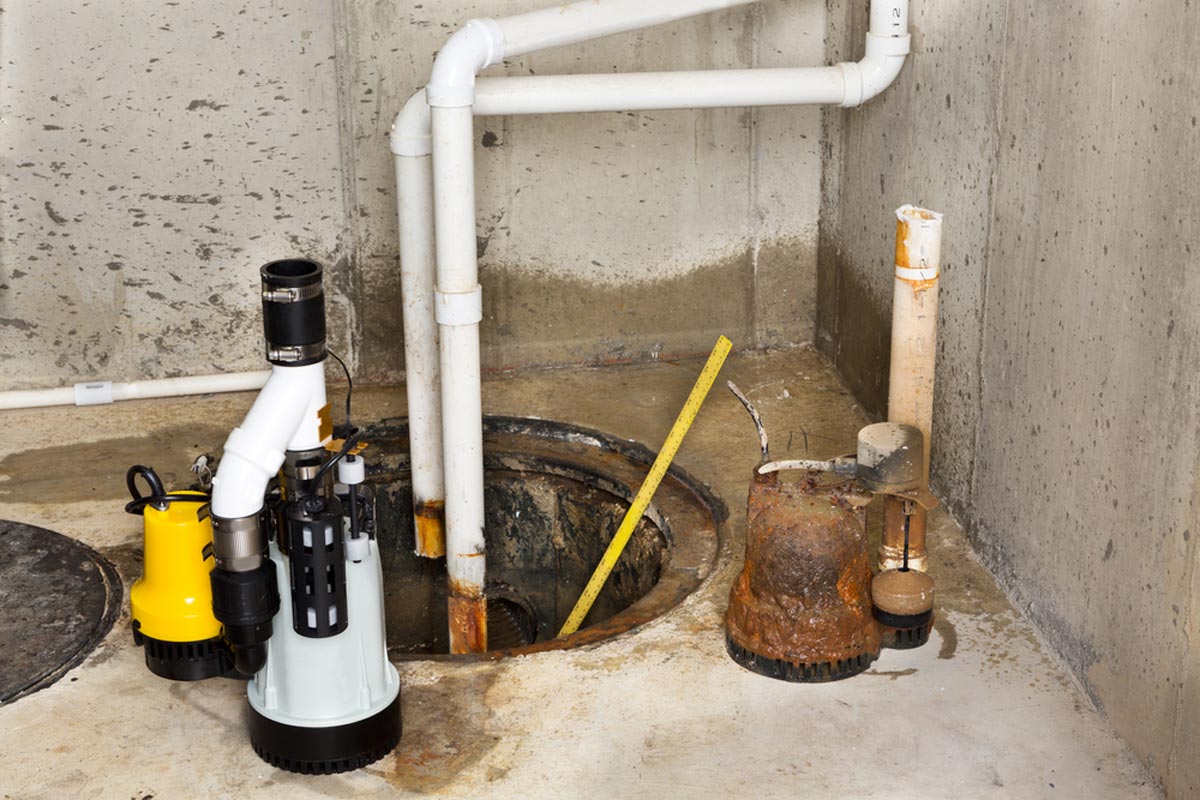

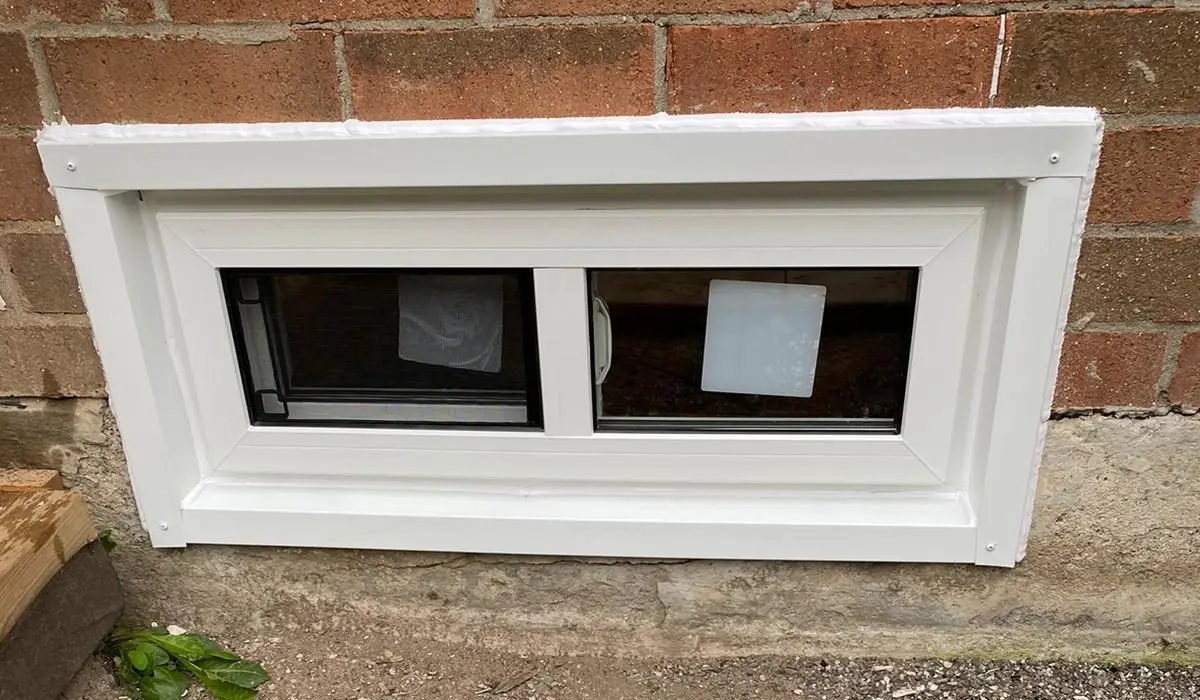
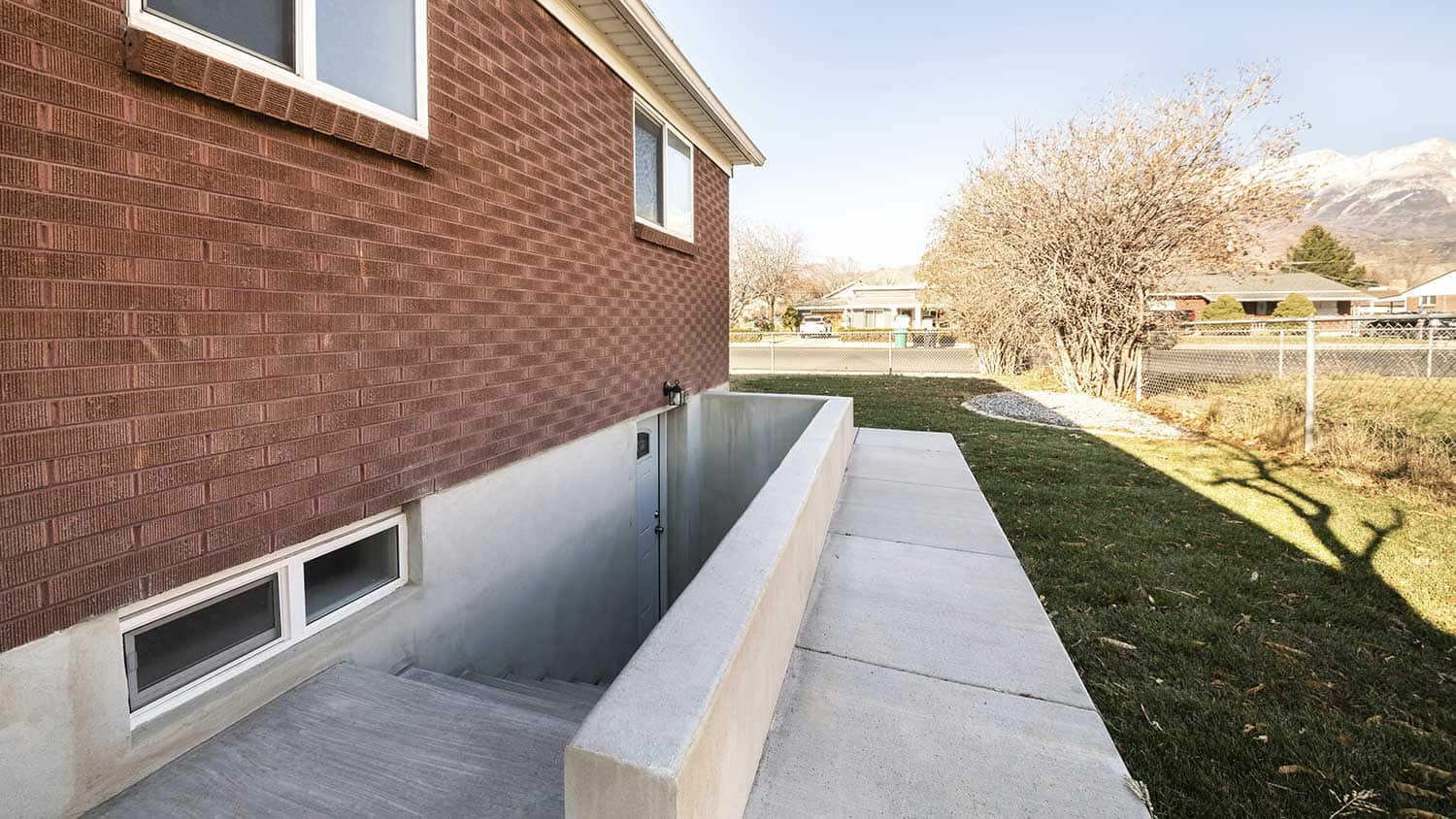
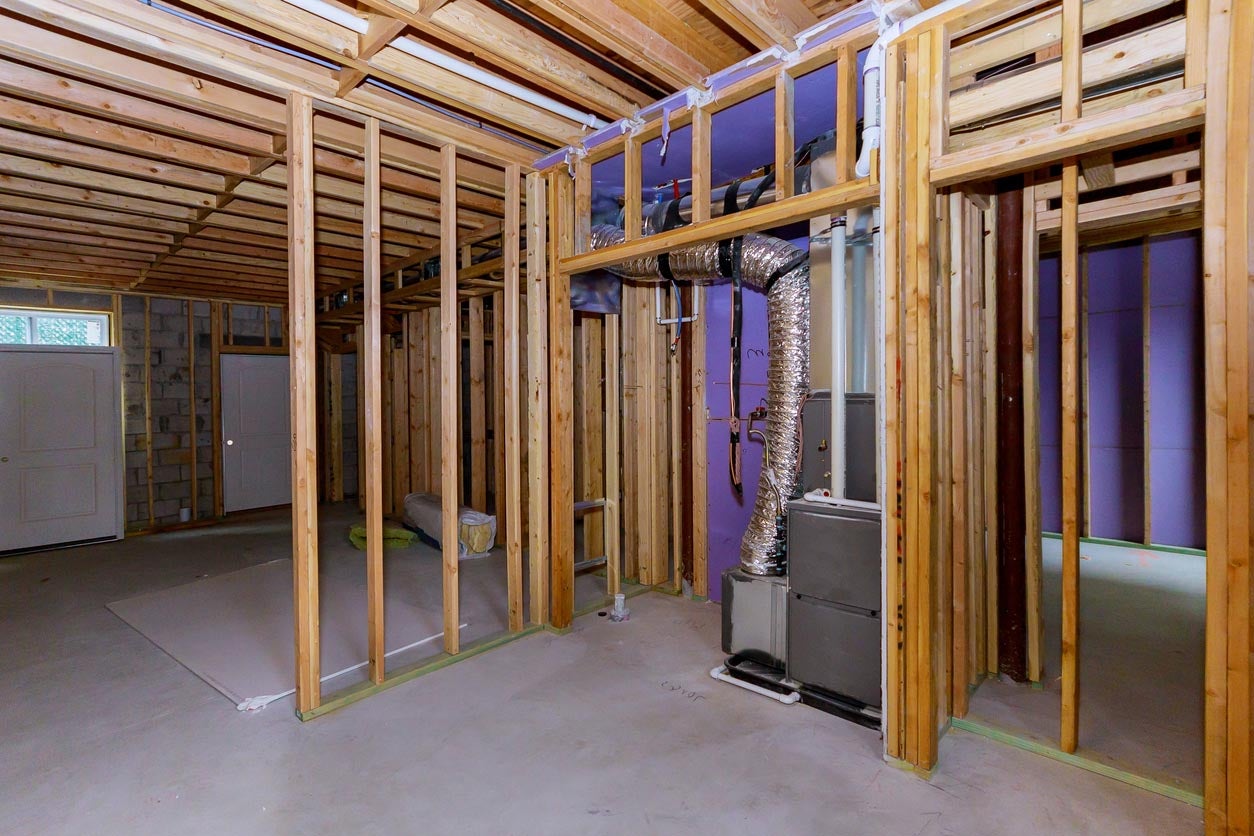
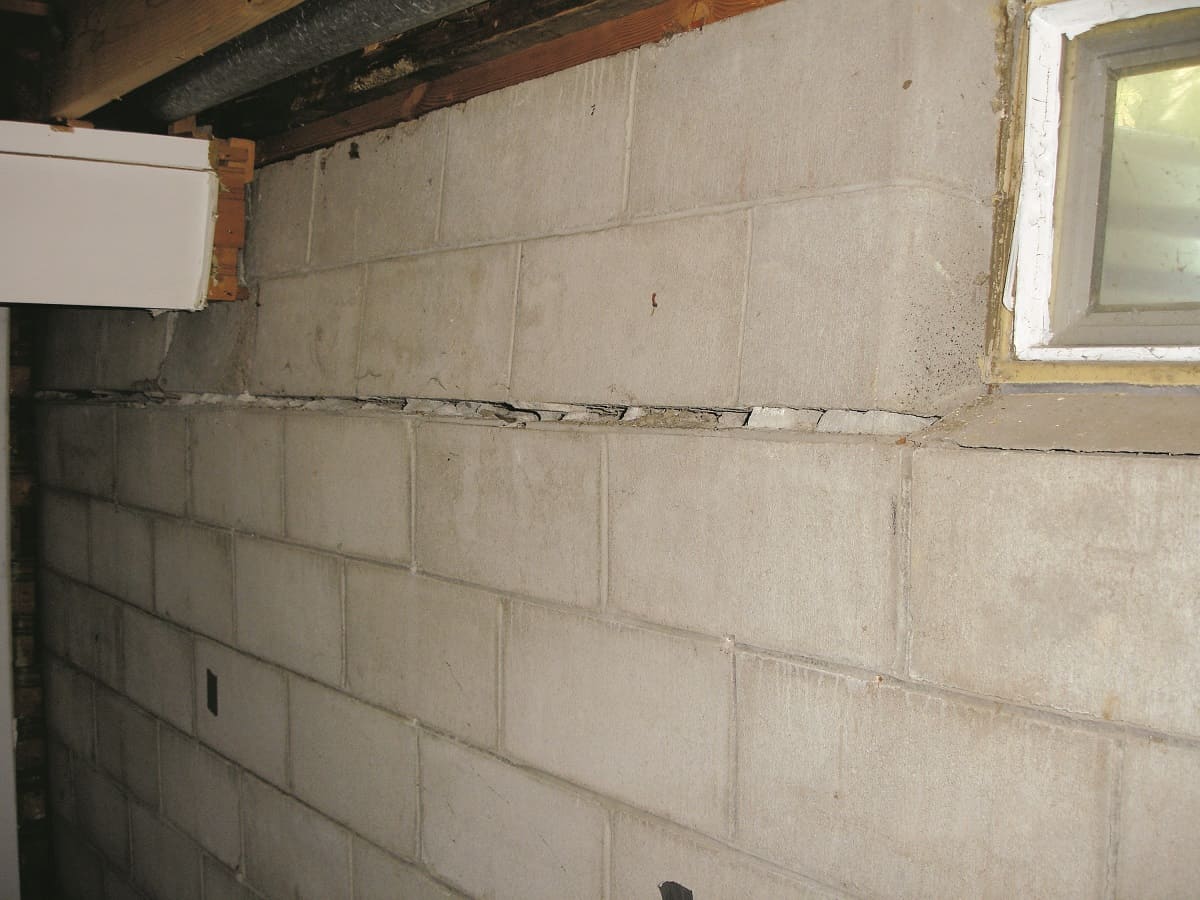

0 thoughts on “How Much Is It To Waterproof A Basement”